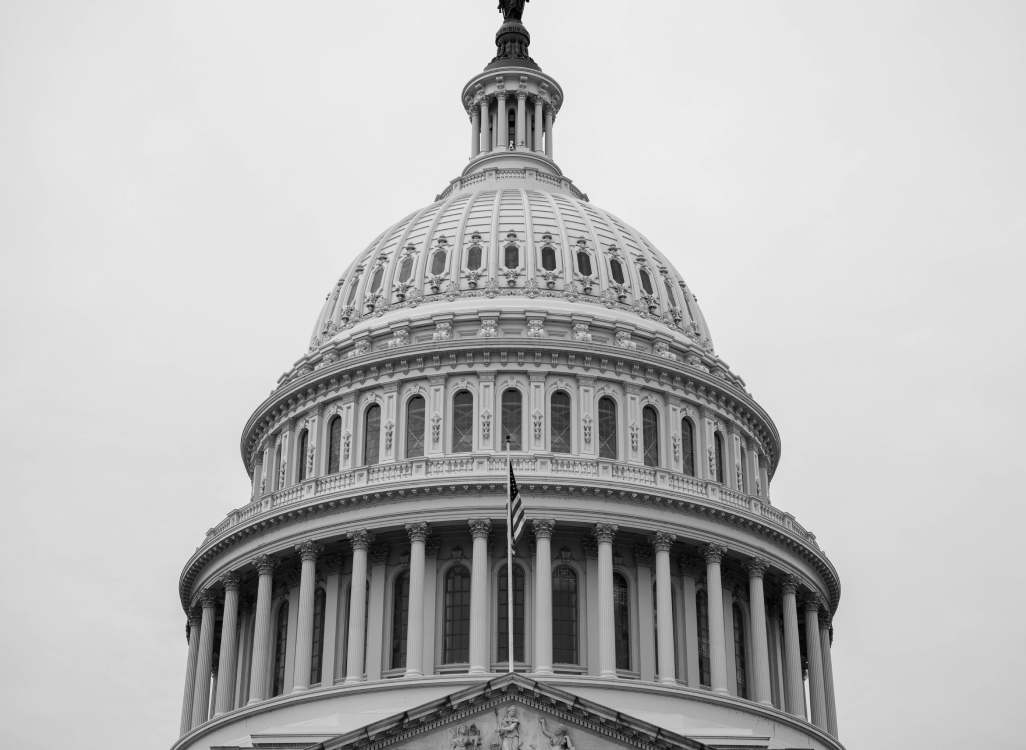
You assume that retail establishments, malls, apartment complexes, nightclubs, bars, stadiums, hospitals, and other venues will be reasonably safe places to visit.
When they aren’t, the injured person might be able to seek compensation for their injuries under the concept of premises liability.
What is Premises Liability?
According to California law, individuals who own, manage, or occupy a property are obligated to implement reasonable measures to safeguard the well-being of tenants, patrons, and visitors.
The law requires warning visitors of dangers that may not be immediately obvious.
If the property owner doesn’t, they can be held liable for injuries and other losses that occur. Cases like this often fall under premises liability.
Endless potentially hazardous conditions could give rise to a premise liability claim. However, the more common premises liability claims include the following;
- Slip and fall injuries,
- School and playground injuries,
- Unsecured swimming pools,
- Negligent security,
- Power line or electrical wiring injuries, and
- Inadequate lighting and security.
Proving negligence in these cases typically requires several experts in areas such as retail management, medicine, vocational rehabilitation, and economics.
If you believe your case falls under premises liability, you may need a premises liability attorney.
How to Prove a Premises Liability Case
In a premises liability case, demonstrating that a property owner is liable requires proving that they were negligent.
Under California law, one common way to describe negligence is the “failure to exercise ordinary care.”
Another way to look at negligence is by breaking it down into elements you must prove. To prove negligence in a premises liability case, the injured person must show that:
- There was a dangerous condition on someone else’s property;
- The property owner (or someone else in control of the property) did not exercise ordinary care;
- Failing to exercise ordinary care led to an injury, death, or damage to property.
Regarding the second element involving a property owner, “property owner” is a bit of a misnomer. The law does not require a party to own or possess the property to be considered liable.
In many circumstances, control over the premise will also trigger potential liability.
Turning to the third element, whoever is in charge of the property must exercise ordinary care. But what is ordinary care? It includes:
- Maintaining their property;
- Inspecting the property;
- Repairing any potentially dangerous conditions; and
- Giving adequate warning of any dangerous condition.
Sometimes the case is not so cut-and-dry, and failure to exercise ordinary care isn’t obvious.
In that case, the court will apply the following factors to the specific facts of the case to determine if a property owner used ordinary care or committed premises liability negligence:
- Property location;
- Likelihood of an injury;
- Probable severity of such an injury;
- If the owner was aware of the condition;
- Difficulty of taking precautions against such injuries; and
- How much control the owner had over the condition that created a risk of injury.
By providing evidence, such as photos or videos of the accident scene, and medical records of your injuries, you can help prove the elements of negligence and the factors of ordinary care.
Proving your case means a potential settlement to pay for damages you suffered. Common damages for which you might be reimbursed or compensated include;
- Medical bills,
- Physical therapy,
- Continuing medical care,
- Lost wages,
- Lost earning capacity,
- Scarring or disfigurement, and
- Pain and suffering.
When a business or person managing the property holds premises liability coverage, these damages are usually recovered from an insurance company.
If the individual has no insurance, it’s very difficult to recover compensation because, more often than not, the individual can’t pay for the damages out of pocket.
Contact Our San Francisco Premises Liability Attorney Today
Chuck Geerhart is a California premises liability attorney with extensive experience in this area and knows which experts to retain on your behalf to prepare the case for maximum settlement or a successful jury trial.
Please call the Law Office of Chuck Geerhart at 415-577-4992 or write to us using the form to the right if you would like to schedule a free, no-obligation consultation with attorney Chuck Geerhart.
In Content Form

